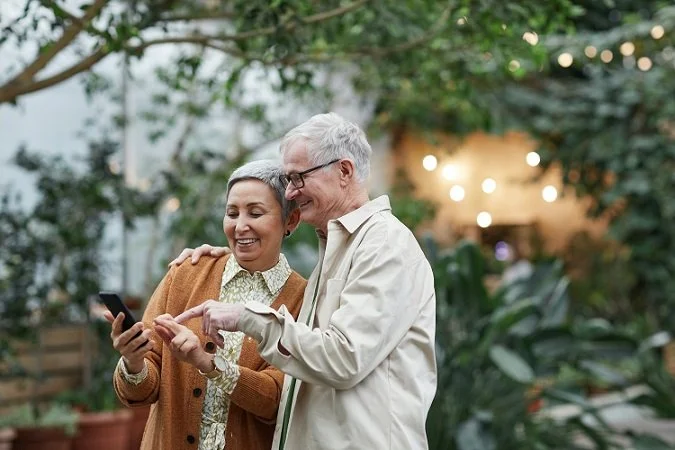We are fortunate to be free. Freedom can be defined as the power or right to act, speak, or think as one wants without hindrance or restraint. In terms of yogic philosophy, Freedom is simple. Everyone is Free. We experience Freedom when actions, thoughts and beliefs are all aligned.
This June, Choose to Celebrate Identity
Ground yourself for summer travel
Summer is here with heat on full blast. This summer many are finding themselves in a comfortable position to travel again. Whether you hope to get a quick road trip to a beach or are finally able to take the long trip you planned two years ago, traveling can be stressful. As we prepare to travel we have to remind ourselves to be in the present moment and enjoy the process of travel. Yoga offers many tools to keep you grounded and in the present moment.
Lead with Compassion using G.R.A.C.E.
The news lately has been filled with tragic stories describing marginalized groups facing himsa (violence or harm). When we see injustice we might be compelled to react. However, when we react rather than respond, we might not act with ahimsa, non-harm in thought, word and deed towards all. Joan Halifax, PhD from Upaya Zen Center suggests we have G.R.A.C.E. Roshi Joan created this model for bringing compassion into interactions with others.
Slow Breathing with Extended Exhalation Can Reduce Intense Negative Emotions
We need tools to reduce the intense negative emotions and return to a state of calm to promote clarity of what is true. What’s an easy tool to use? Slow Breathing with an Extended Exhale. For the month of June, you can practice slow extended exhalation using this Guided Extended Exhalation in our video library for free
Counteract the negative tendency of tech neck with yoga
Technology is changing our lives. We have the world at our fingertips. But the tool that helps keep us connected has a profound effect on our spine. Maybe you have images of humans evolving to slouch over a computer or perhaps you notice that you are looking down more often. Our beloved technology is affecting how we hold our neck and in response our spine health. The new norm of checking phones and tablets promotes us to spend more time with our shoulders hunched, neck flexed, head forward and chest withdrawn, a position that is sometimes called tech neck.
Yoga supports mental health
May is mental health awareness month. It is a time to actively engage in conversations about our struggles and triumphs related to mental health. According to NAMI, the national movement has sought to raise awareness about mental health, fight stigma, provide support, educate the public and advocate for policies that support people with mental illness and their families.
There is some evidence that yoga may be helpful in reducing depressive symptoms. But yoga is not a cure. Yoga offers tools that supports your mental health because it promotes a lifestyle aligned to the four major dimensions of recovery.
Creating new pathways through movement
As I was putting away mats and chairs after Jacob’s Optimizing Your Movement Workshop, I noticed a new sensation in my left hip. The awareness of new muscle fatigue made me laugh. During the workshop we spent focused time experiencing slow body movements connected to how the spine moves. This awakened stabilizing muscles of my hips and brought more awareness of how I avoid specific positions of my hips.
Explore Plant Communication with Herbal Yoga
As humans, we interact with the world through our senses. The information we “sense” cues us about the external environment. Thus, we communicate with our environment. We can communicate with plants with all our senses to experience a plant meditation. Any gardener or lover of the outdoors will agree that nature communicates to us through the senses, can have a calming impact on the body, mind, and heart, and allows us to enter into a state of simple presence. We can understand this as a yogic experience.
Yama, a Yoga Practice for Interacting with Others
Yoga is a practice. You might be practicing your balance, flexibility, strength or perhaps it is mindfulness. Yoga is not a single practice. The more you practice yoga, the more you recognize the universality in life.
Harmonizing your mind, implies that you learn how you think. You explore how you interact with the world and yourself and how those interactions shape your emotions. In yoga terms, you cultivate Yama. Yama is narrowly translated as ethical guidelines or restraints. In reality, they are a set of universal practices that are fundamental habits of the mind. The 5 principles are a means to be aware of the instinctive patterns of the mind and to move them towards compassion.















